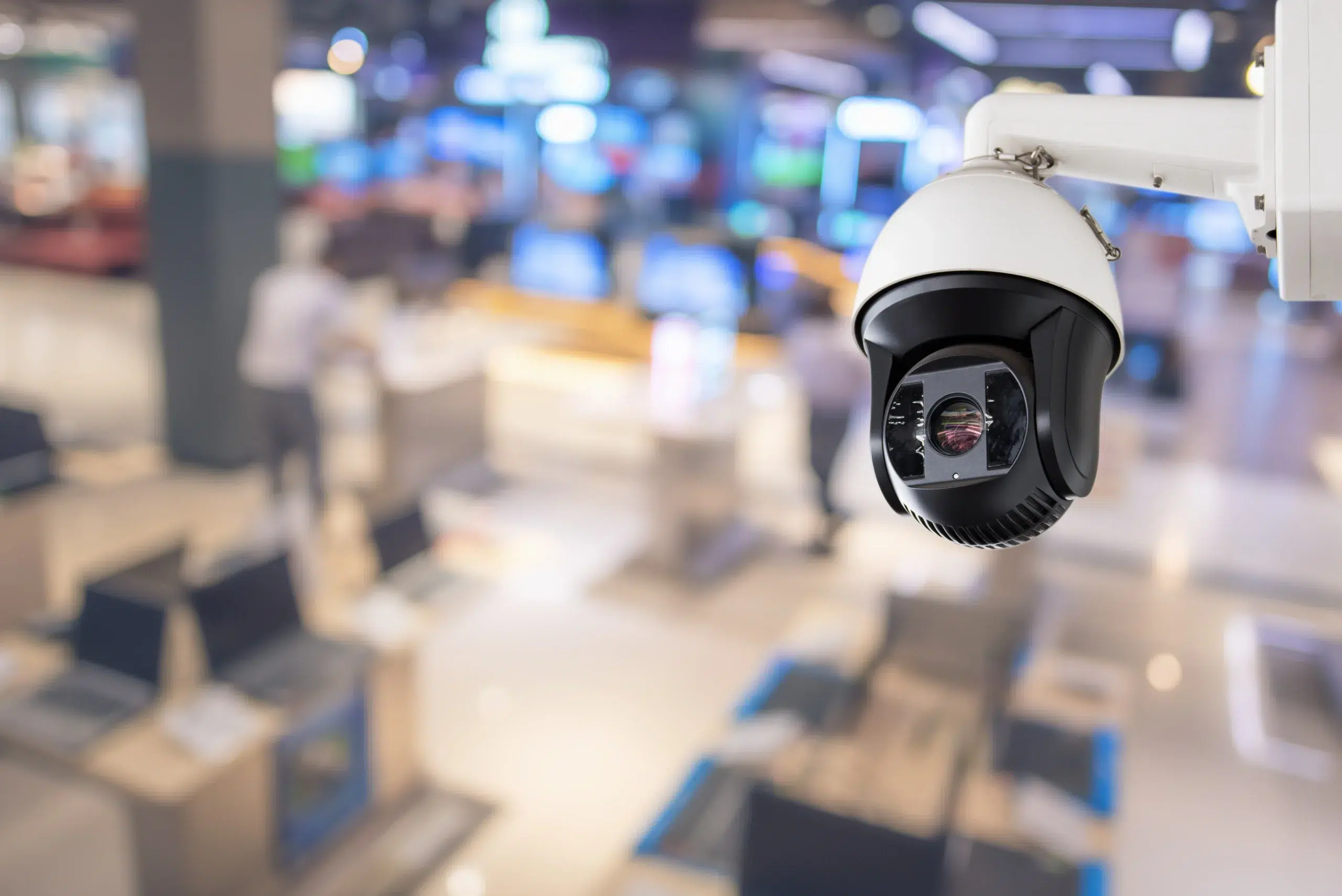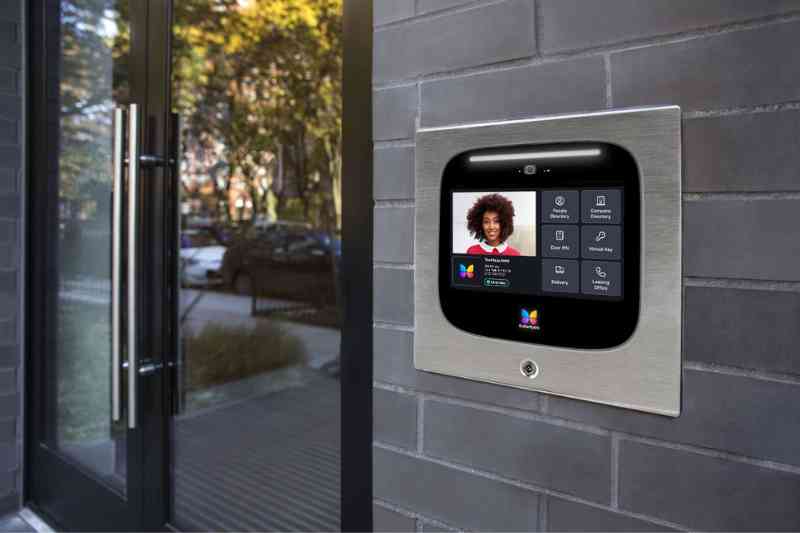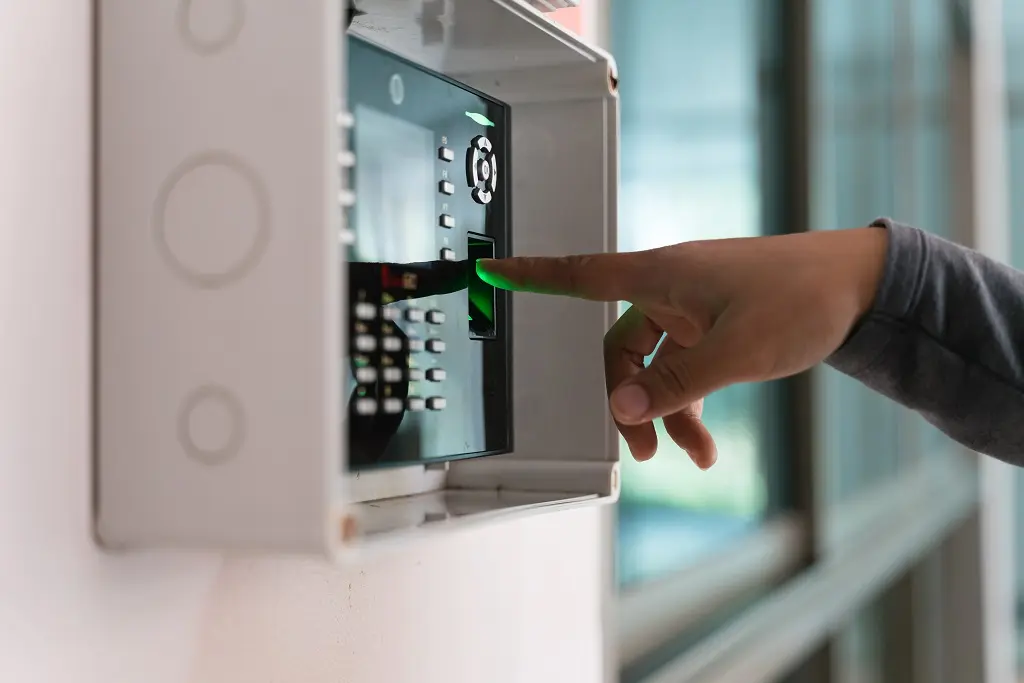Why Commercial Security Solutions Are Key to Protecting Your Investment

In today’s fast-paced business environment, the importance of safeguarding assets cannot be overstated. Commercial security solutions play a pivotal role in protecting investments, ensuring that businesses can operate smoothly and without disruption. With the rise of sophisticated threats, it is imperative for companies to adopt comprehensive security measures tailored to their specific needs.
The Importance of Commercial Security
Commercial security solutions is not merely a luxury; it is a necessity. Businesses face a myriad of threats, from theft and vandalism to cyber-attacks and insider threats. Each of these risks poses a significant challenge, potentially leading to financial loss, reputational damage, and legal repercussions.
By implementing robust security solutions, businesses can mitigate these risks effectively. A well-designed security system not only deters criminal activity but also provides peace of mind for employees and stakeholders alike. This sense of security fosters a productive work environment, allowing companies to focus on growth and innovation.
Understanding the Risks
To appreciate the value of commercial security solutions, it is essential to understand the various risks that businesses face. Theft, for instance, can take numerous forms, ranging from shoplifting in retail environments to corporate espionage in more sensitive sectors. Each type of theft requires a tailored response to ensure adequate protection.
Cybersecurity threats are another significant concern. With increasing reliance on digital systems, businesses are more vulnerable than ever to data breaches and hacking attempts. A single security lapse can lead to the exposure of sensitive customer information, resulting in severe financial and reputational damage.
Benefits of Comprehensive Security Solutions
Investing in comprehensive security solutions offers a multitude of benefits. Firstly, these systems enhance the overall safety of the premises, protecting both physical assets and personnel. This is particularly crucial in industries that handle valuable goods or sensitive information.
Secondly, a well-implemented security system can lead to reduced insurance premiums. Insurance companies often offer lower rates to businesses that demonstrate a commitment to security, recognising the lower risk associated with such measures. This can lead to significant cost savings over time.
Moreover, the implementation of advanced security technologies, such as surveillance cameras and access control systems, can provide invaluable data analytics. These systems can monitor foot traffic, identify peak hours, and even track employee movements, allowing businesses to optimise operations and enhance customer service. Furthermore, the presence of visible security measures can enhance the overall customer experience, as clients feel safer and more secure when engaging with a business that prioritises their safety.
In addition to physical security measures, training employees on security protocols is equally vital. Regular training sessions can empower staff to recognise suspicious behaviour and respond appropriately, creating a culture of vigilance within the organisation. This proactive approach not only strengthens the security framework but also fosters a sense of shared responsibility among employees, ensuring that everyone plays a part in maintaining a secure environment.
Types of Commercial Security Solutions
There is a diverse range of commercial security solutions available, each designed to address specific needs and challenges. Understanding the various options is crucial for businesses looking to enhance their security posture.
Physical Security Measures
Physical security measures are the first line of defence against threats. These include access control systems, surveillance cameras, and alarm systems. Access control systems allow businesses to regulate who can enter specific areas, ensuring that only authorised personnel have access to sensitive locations.
Surveillance cameras serve as both a deterrent and a means of monitoring activities within and around the premises. In the event of an incident, recorded footage can provide invaluable evidence for investigations. Alarm systems can alert authorities in real-time, minimising response times and potentially preventing further damage.
Cybersecurity Solutions
As cyber threats continue to evolve, businesses must invest in robust cybersecurity solutions. Firewalls, intrusion detection systems, and antivirus software are essential components of a comprehensive cybersecurity strategy. These tools work together to protect sensitive data from unauthorised access and cyber-attacks.
Moreover, regular training for employees on cybersecurity best practices is crucial. Human error remains one of the leading causes of security breaches. By fostering a culture of security awareness, businesses can significantly reduce their vulnerability to cyber threats.
Integrated Security Systems
Modern security solutions often involve integrated systems that combine physical and cybersecurity measures. These systems provide a holistic approach to security, allowing for seamless communication between different components. For example, a security camera system can be linked to an access control system, enabling real-time monitoring and response.

Integrated systems not only enhance security but also streamline operations. Businesses can manage their security measures from a centralised platform, simplifying the monitoring process and improving overall efficiency.
Choosing the Right Security Provider
Selecting the right security provider is a critical step in implementing effective commercial security solutions. Businesses should consider several factors when evaluating potential partners.
Experience and Expertise
One of the most important aspects to consider is the provider’s experience and expertise in the field. A reputable security company should have a proven track record of delivering effective solutions tailored to various industries. This experience ensures that they understand the unique challenges faced by different businesses and can offer appropriate recommendations.
Moreover, the provider should stay up-to-date with the latest security trends and technologies. The security landscape is constantly evolving, and a knowledgeable provider will be able to offer cutting-edge solutions that address emerging threats.
Customisation and Flexibility
Every business has unique security needs, and a one-size-fits-all approach is rarely effective. The ideal security provider should offer customised solutions that align with the specific requirements of the business. This may involve conducting a thorough risk assessment to identify vulnerabilities and recommending tailored strategies to mitigate them.
Flexibility is also essential. As businesses grow and evolve, their security needs may change. A good provider should be able to adapt their services accordingly, ensuring that the security measures remain effective over time.
Implementing a Security Strategy
Once a security provider has been selected, the next step is to implement a comprehensive security strategy. This process involves several key components to ensure effectiveness.
Conducting a Risk Assessment
A thorough risk assessment is the foundation of any effective security strategy. This assessment should identify potential vulnerabilities, evaluate existing security measures, and determine the likelihood of various threats. By understanding the specific risks faced by the business, it becomes possible to develop targeted strategies to address them.
Engaging employees in this process can also provide valuable insights. They are often the first line of defence and can highlight areas of concern that may not be immediately apparent to management.
Regular Training and Drills
Training employees on security protocols is crucial for the success of any security strategy. Regular training sessions ensure that staff are aware of the procedures to follow in the event of a security breach or emergency. This not only enhances overall safety but also fosters a culture of security within the organisation.
Conducting regular drills can further reinforce these protocols. Simulated scenarios allow employees to practice their responses, ensuring that they are prepared for real-life situations. This proactive approach can significantly reduce response times and improve overall effectiveness during an actual incident.

Conclusion
In conclusion, commercial security solutions are essential for protecting investments in today’s complex business landscape. By understanding the risks, implementing comprehensive security measures, and choosing the right provider, businesses can safeguard their assets and ensure smooth operations.
Investing in security is not merely an expense; it is a strategic decision that can yield long-term benefits. As threats continue to evolve, businesses must remain vigilant and proactive in their approach to security, ensuring that they are well-equipped to face any challenges that may arise.
See Also: Security systems businesses rely on: top features to look for.
